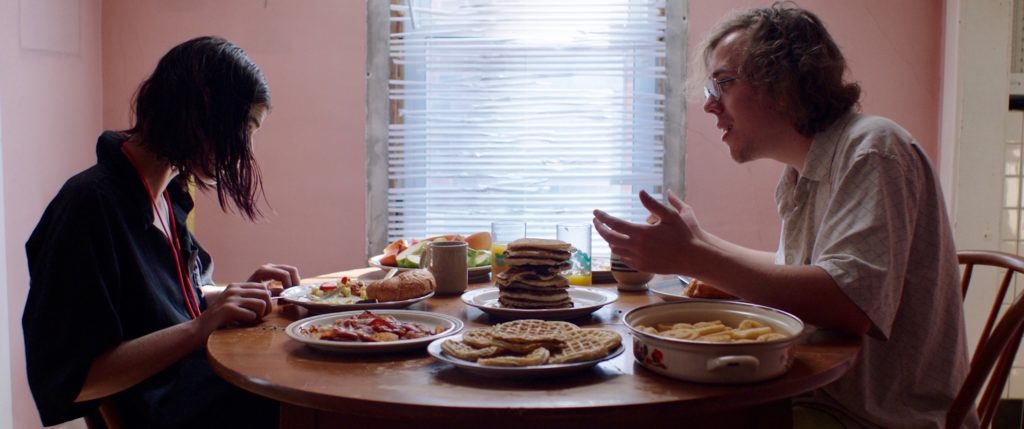Article by Luca Giardino
Translated by Valeria Collavini
“Go it alone”: that’s the title that young writer May Ryer (Bea Grant) chooses for her latest self-help handbook. Although her books don’t sell well and business is slow, May has far worse problems to deal with. A creepy, masked man breaks every night into the house where the writer lives with her husband, haunting her and pushing her to the edge. However, nobody seems to take this situation seriously – neither her condescending, insensitive husband nor the police, leaving May alone to her fate.
Continua la lettura di “LUCKY” BY NATASHA KERMANI – “REGRET” BY SANTIAGO MENGHINI




















